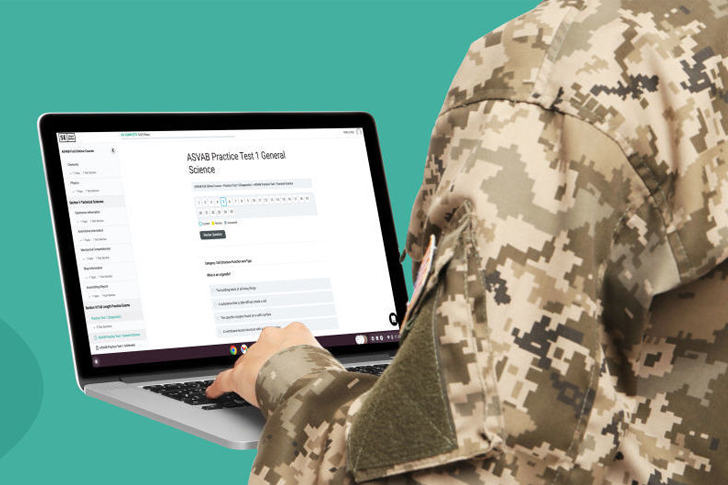Prepare for the ASVAB: Practice Test Evaluation
The Armed Services Vocational Aptitude Battery (ASVAB) is a multiple-choice test administered by the United States Military Entrance Processing Command. It is used to determine qualification for enlistment in the United States armed forces and to assess which jobs within the military might be a good fit for each new recruit. Preparing efficiently for the ASVAB is crucial for those aspiring to join the U.S. military. This preparation involves taking practice tests and evaluating their results to improve performance. Here, we delve into the importance of practice tests and how to effectively evaluate them to maximize your chances of success.

Understanding the ASVAB Structure and Content
The ASVAB consists of 9 subtests: General Science, Arithmetic Reasoning, Word Knowledge, Paragraph Comprehension, Mathematics Knowledge, Electronics Information, Auto and Shop Information, Mechanical Comprehension, and Assembling Objects. The test is designed to assess a wide range of skills and knowledge, and its results are used to compute two crucial scores: the Armed Forces Qualification Test (AFQT) score and the Military Occupational Specialty (MOS) score.
The AFQT score, which is derived from four of the nine sections (Arithmetic Reasoning, Mathematics Knowledge, Word Knowledge, and Paragraph Comprehension), determines whether you are eligible to enlist. Scoring well on this part of the ASVAB is essential, as a minimum score is required for enlistment in each of the service branches, which varies from 31 for the Army to 50 for the Coast Guard.
The Value of Practice Tests
Practice tests are a critical part of preparing for the ASVAB. They not only familiarize you with the format and types of questions you will encounter, but they also provide a benchmark for your current knowledge and skills. According to educational research, students who take practice tests tend to achieve higher scores on standardized tests compared to their peers who do not engage in practice testing.
Moreover, practice tests can alleviate test anxiety by reducing uncertainties about the test format and question style. The familiarity can provide psychological comfort and enable test-takers to perform with confidence.
Evaluating Your Practice Test Results
After taking a practice test, the key is not just to look at your score but to conduct a thorough analysis of your mistakes. Review each incorrect answer to understand if you missed it due to a lack of knowledge, misunderstanding the question, or a careless error. Identifying patterns in your mistakes can pinpoint areas in need of improvement.
For instance, if you frequently miss questions in the Word Knowledge section, you might need to enhance your vocabulary skills. On the contrary, continual errors in the Mathematics Knowledge section could suggest a need for brushing up on mathematical formulas and concepts.
Using Resources to Strengthen Weak Areas
Based on the evaluation, focus your study efforts on the weakest areas. Plenty of resources are available, including ASVAB study guides, online tutorials, and practice questions. Websites like the official page for the ASVAB offer free sample test questions. Additionally, books such as the “ASVAB For Dummies” series provide targeted practice along with strategies to handle each section of the test effectively.
Enlisting the help of a tutor can also be beneficial, especially if you find self-study challenging. A tutor can offer personalized feedback and address specific areas of difficulty, thus making your preparation more efficient.
Re-assessing with More Practice Tests
After a period of focused study, take another practice test to assess improvement. Comparing these results with previous ones can help gauge how effective your study techniques have been and whether further adjustments are necessary.
Repeating this evaluation process meticulously until achieving consistent improvement can dramatically enhance your chances of attaining competitive scores on the actual test.
Concluding Thoughts
The ASVAB is more than just another test; it is a gateway to a career with the U.S. military, offering various paths depending on your interests and aptitudes. A systematic approach to practice tests, coupled with a rigorous evaluation of their results, can greatly improve your readiness for the actual test. Remember, persistence is key, and with thorough preparation, the ASVAB can be tackled effectively, opening up a new chapter in your professional life.
Adequate preparation not only helps to ensure a desirable score but also positions individuals for better opportunities within the military, potentially affecting the trajectory of their future careers. Thus, take your ASVAB prep seriously, starting with detailed practice tests and strategic evaluations afterwards.







Recent Comments